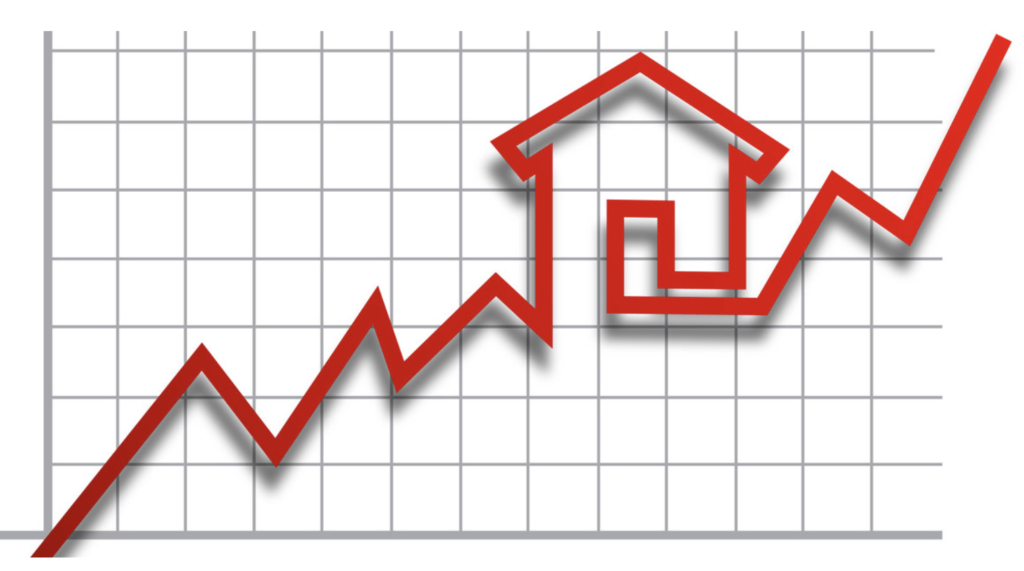Real Estate Philippines: How To Buy a Property for ForeignersWith its breathtaking sceneries and stunning beaches to its rich culture and friendly locals, people from all over the world can't help but fall in love with the beauty of the Philippines. Millions of foreign tourists visit the country yearly to enjoy its scenic beaches. Many foreigners even choose to live, retire, and start a family in the Philippines due to the low cost of living. However, there are restrictions to owning real estate property in the Philippines for foreigners.
Whether you're an immigrant or an expat, this guide can help foreign investors on how to buy real estate property in the Philippines. How to Buy Real Estate Property in the Philippines as a Foreigner But before you read further, here are the following restrictions for foreigners regarding owning real estate property in the Philippines:
LOCATION AND BUDGET Once you’ve chosen an ideal location and property, check your financial capacity and determine your budget. You can also look for other financing options available for foreign investors. Afterward, get assistance from a reputable real estate agent and begin house hunting. Buy a House or Condo As stated earlier, foreigners are forbidden to own land in the Philippines. Nonetheless, they can legally own a house and other structures standing on it. Hence, foreigners can only lease a property and purchase a freestanding home. Based on the Investor's Lease Act of the Philippines, foreign nationals can rent a property with a Filipino landowner for up to 50 years and renew the agreement once for 25 years. Meanwhile, you may consider buying a condo if you’re looking for the easiest way to purchase a real estate property in the Philippines. However, the restriction still applies to this property. Foreigners can legally own the condo unit but not the land where it stands. Also, foreigners can only own condo units if 60% of the building owners are Filipinos. Buy via Company or Filipino Spouse Since corporations can legally own land in the country, foreigners can purchase property in the Philippines through a company. However, 60% or more of the company's land owners should be Filipino citizens, while the remaining can be foreign partners. Furthermore, the corporation should register with the Philippine government's Board of Investment and meet the equity stake requirement to buy, sell, or negotiate real estate transactions. For foreigners who married Filipino citizens, the law allows them to own a residence on an urban land of up to 1,000 square meters or a rural land of 2.5 acres. The same applies when buying through a corporation. Additionally, the property title should be under the Filipino spouse's name. Nevertheless, the foreign citizen can include his or her name in the Real Estate Purchase Agreement contract. By doing so, the foreigner can still sell the property if the spouse suddenly passes away or they get separated legally.
0 Comments
Current Status, Performance, and Trends of Philippine Real Estate Market 2024 In Asia, the Philippines is one of the fastest-growing economies, obtaining a 6% GPD growth rate in 2019. However, the country's economic performance significantly dropped in 2020, with its GDP shrinking to 9.5%. Due to the COVID-19 pandemic, many businesses reluctantly stopped operating, while some closed permanently. It affected the workforce from various industries, including retail, industrial, hotel, and the Philippine real estate market.
But after a few years, what happened to the Philippine real estate market? Did it thrive, or did the demand drop like the economy? Read on as we explore the Philippine real estate market, from its current status, performance, and trends in 2024. Current Status of the Philippine Real Estate Market 2024 After the pandemic, the Philippine economy is starting to recover. The same goes for the Philippine real estate market. From 2010 to 2018, the housing cost in the country increased, especially in the Central Business Districts (CBDs), surging property value to 125%. In 2020, the housing market declined, dropping the property values in CBD to 13.2%. Nonetheless, the real estate market in the Philippines will bounce back based on the country's improving economy. In 2024, the country projected an increase in GDP of up to 7%. This progress is associated with the continued expansion in building, automotive repair, manufacturing, retail, and wholesale commerce. Therefore, investing in the Philippine real estate market is bankable. On the other hand, developers and investors should still observe the high inflation rate, including its probable effects on mortgage and interest rates. Performance Residential Properties According to the Bangko Sentral ng Pilipinas (BSP), the price index of residential properties in the Philippines increased to 7.7% in 2022 after considering inflation. In 2022, the cost of townhouses shrank to 6.8%, and condominium prices fell by 4.9% in the fourth quarter. Meanwhile, the housing cost in the country rose to 12.9% in 2023, resulting in the increasing demand for condominiums. Furthermore, rental homes in Metro Manila sustained a 3.9% increase in 2022, two years after the pandemic. Makati and Taguig also experienced the highest residential vacancy rate and lowest in Pasig City. Thus, the residential real estate market in the Philippines will improve with vertical properties becoming more marketable. Commercial Real Estate In 2022, the commercial real estate market in the Philippines experienced an increase of 6.3% after adding 151,200 condo units to the CBD stock. The most strategic locations in the country have also seen a rise in condominium apartments, delivering 9,000 units in Alabang, Fort Bonifacio, Makati, Rockwell Center, and Ortigas. Additionally, the increasing popularity of offshore casinos resulted in the rise of condominium submarkets in the Bay Area. Fort Bonifacio also became a south-after residence with the first-class amenities it offers, from office spaces and international schools to shopping centers and restaurants. Despite the aftermath of the COVID-19 pandemic, the commercial real estate industry in CBDs showed development and resilience. Hence, investors should expect continued progress in the upcoming years. Surging Trends As consumer expectations and economic landscapes change, the Philippine real estate market experiences significant alteration. Below are the surging trends in the real estate industry:
|
Archives
July 2024
Categories
All
|
Hi! Welcome to our website. Having an agent/broker on your real estate search is a gift because with or without them the price of the property is always the same. They give you FREE SERVICE and only pure service. On your part, everything is to gain. Claim your gift now! :)
meet your Real estate Broker Partner:
Roman Joe Anoso, RN, REB
Real estate Broker PRC license number: 19887
HLURB registration number: CAR-B-05/21-029
HLURB registration number: CAR-B-05/21-029
Roman joe Anoso is a multi-awarded real estate broker, consistent Top #1 for 8 years to date, being recognized by the following companies:
Suntrust Properties, Inc.
- Overall Nationwide Top # 1 Real estate broker year 2018:
Vista Residences, Inc.
- Overall Nationwide Top # 1 Real estate broker year 2017:
Goshen Land capital, inc.
- Overall Nationwide Top # 1 Real estate broker year 2011 to 2016:
Suntrust Properties, Inc.
- Overall Nationwide Top # 1 Real estate broker year 2018:
Vista Residences, Inc.
- Overall Nationwide Top # 1 Real estate broker year 2017:
Goshen Land capital, inc.
- Overall Nationwide Top # 1 Real estate broker year 2011 to 2016:
office address: REALS Corporation, Barangay Dontogan, Baguio city, 2600
personal: +63917-5645-863
viber/whatsapp: +63917-5645-863
add him on facebook (CLICK HERE)
office landline: 074-442-2353 (for clearer conversation)
email: [email protected]
skype: romankat2
website: www.realestatebaguio.com
personal: +63917-5645-863
viber/whatsapp: +63917-5645-863
add him on facebook (CLICK HERE)
office landline: 074-442-2353 (for clearer conversation)
email: [email protected]
skype: romankat2
website: www.realestatebaguio.com
official Real Estate Brokerage Website of REALS Corporation
for our affiliate program CLICK HERE
for our affiliate program CLICK HERE


 RSS Feed
RSS Feed




